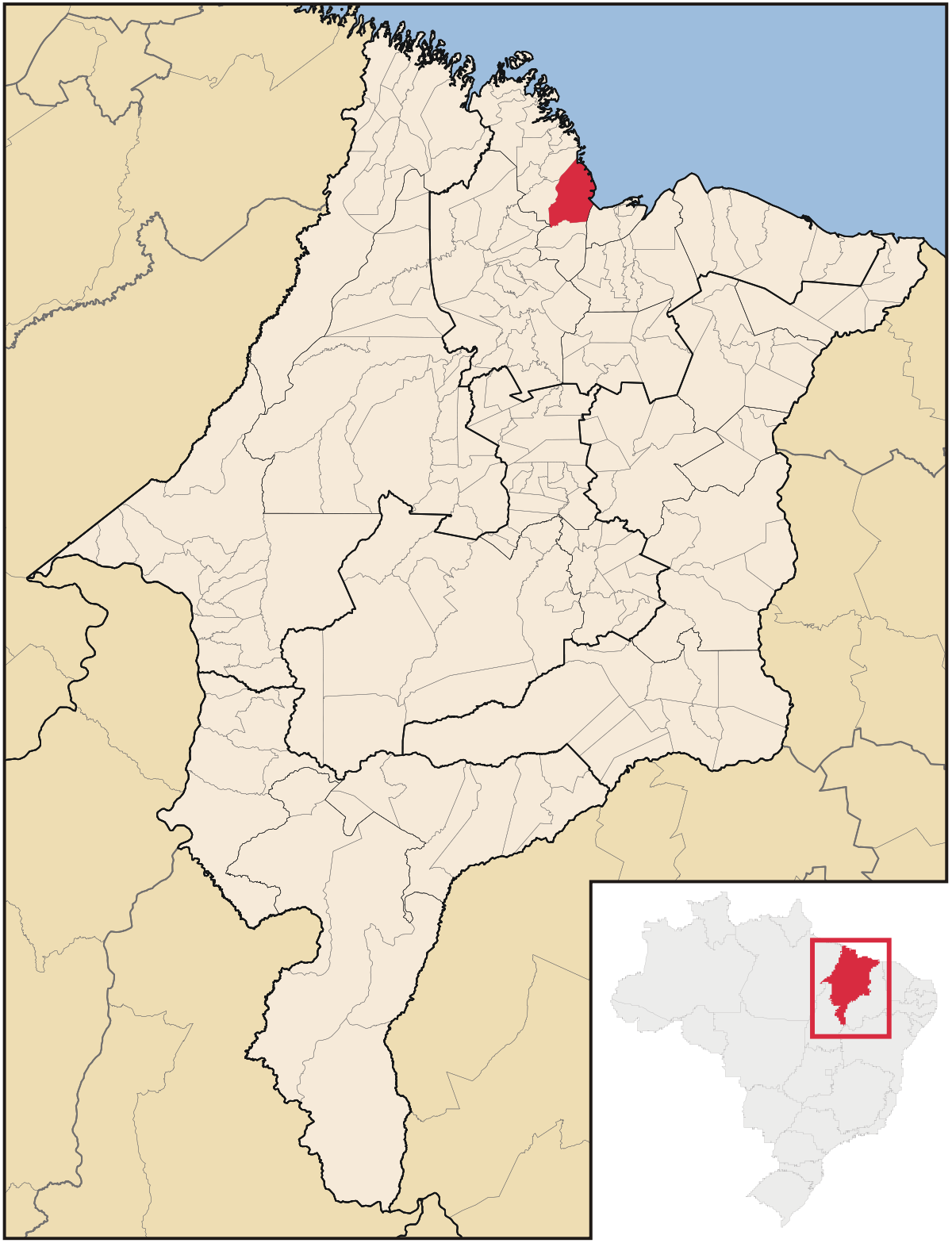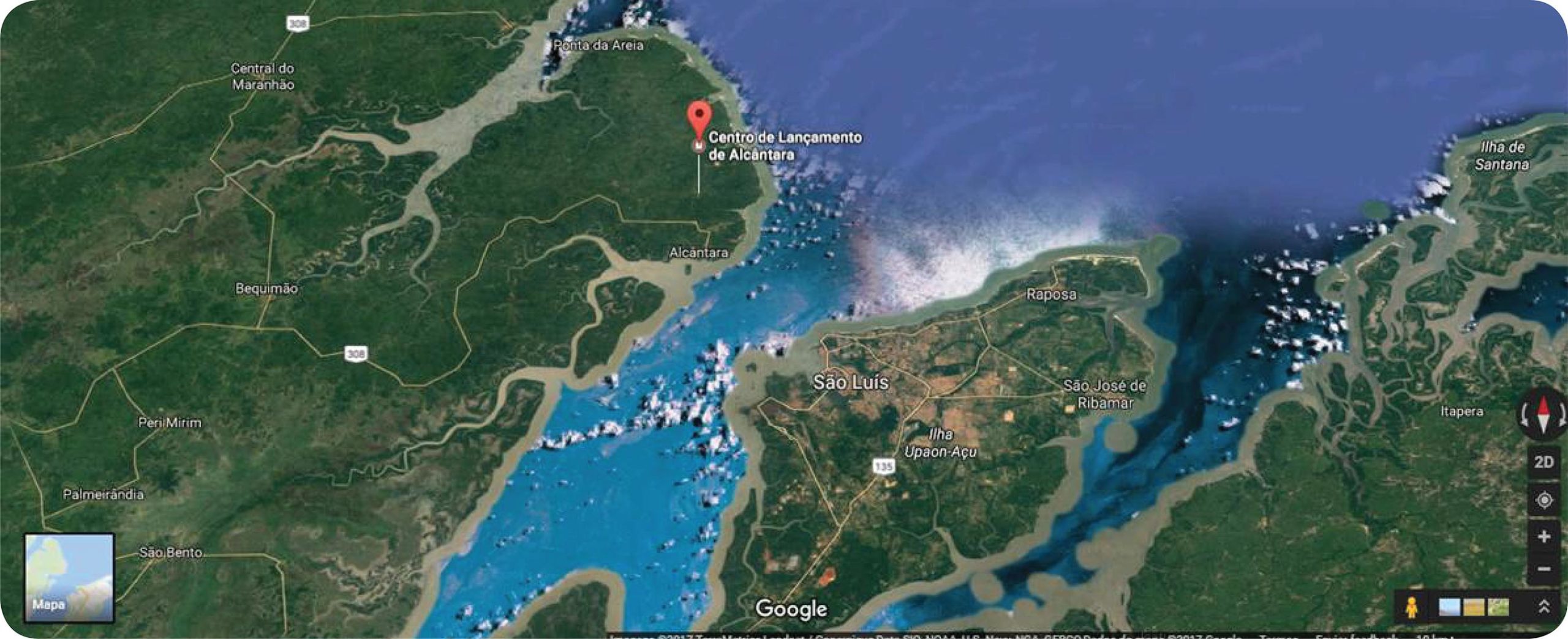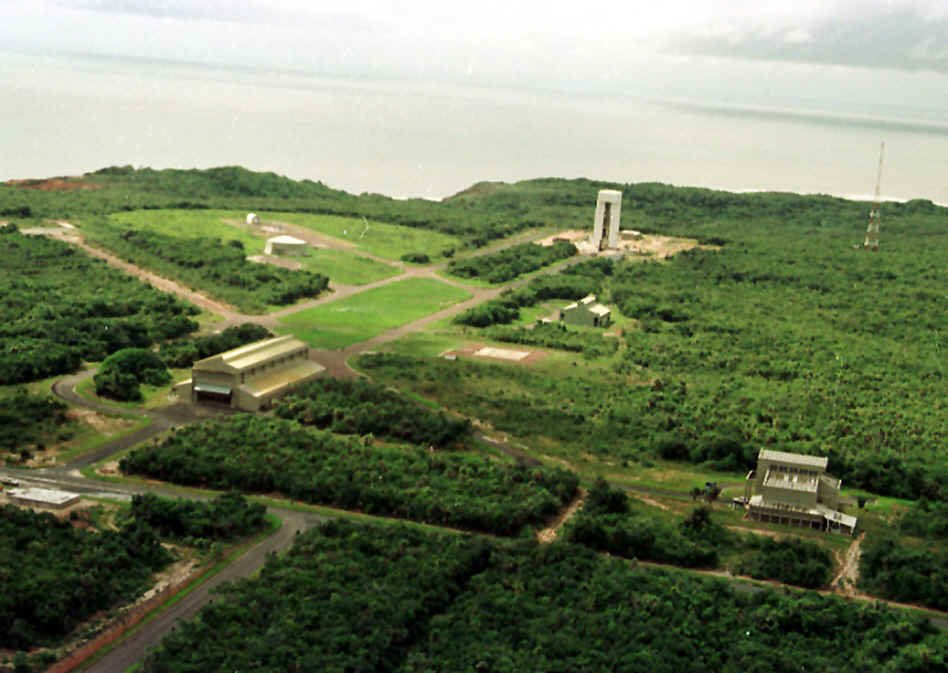RIO DE JANEIRO, BRAZIL – The exploration plans for the Alcântara aerospace base enter a new phase with the launching, in the next few days, of a public call for bids from companies interested in revamping and expanding the structures that were being built in the past decade in partnership with Ukraine but were interrupted after the termination of the agreement between Brazil and that country.

The binational company Alcântara Cyclone Space (ACS) left large land areas where new infrastructure can be created for expanded use. Activities such as preparation and integration of satellites, a commercial launch base and more, could be housed there so the base could enter the aerospace market. With the enactment of the technological safeguards agreement between Brazil and the United States in 2019, there are new possibilities to develop and expand new partnerships.
Since most of the equipment, components, rockets, and satellites have some American technology, the agreement was essential to give companies legal protection and make launches feasible.
Alcântara’s main asset is its privileged position: only two degrees south of the Equator. A rocket launched from the base spends 30% less fuel to load in orbit than if it left, for example, from Florida. The lower energy demand makes it possible to increase the weight carried.

The new official market survey will be conducted by the Brazilian Space Agency (AEB) through a cooperation agreement with the Aeronautics Command (Comaer) responsible for the Alcântara launching center. The agency made a first public call last year to identify companies interested in using the base for commercial launches.
According to AEB’s president, Carlos Augusto Teixeira de Moura, nine companies – five foreign and four Brazilian – submitted proposals. The names are being withheld for commercial confidentiality reasons, but there are firms with origins in North America and Asia, said Teixeira de Moura.
The Air Force has already analyzed the proposals received, and it will be up to the High Command, a body that brings together the most senior officers in the Force, to decide which of them will go ahead. Issues such as the use of local labor, the possible utilization of Brazilian suppliers, the existence or not of technological counterparts, and the continuity or not of the service are factors evaluated.

In the beginning, says the president of AEB, the Alcântara base will be used mainly to launch nanosatellites. “We imagine a first flirtation phase in which companies come, launch, evaluate performance and costs, and then they can come back and settle down [to manufacture the satellites and support facilities],” explains Moura.
He equates this first selection to the distribution of “slots” at an airport. The new call for bids, comparable to the construction of a terminal, is aimed at companies that want to use part of the launch center’s area. There are almost 10,000 hectares in total, where work has already begun for a medium-sized rocket-launching complex, such as Cyclone 4 in the Brazil-Ukraine partnership.
“The idea is to attract companies to install a satellite launch service, with medium or even large-sized rockets,” says Moura. The initial project for the area foresaw three large complexes. All the areas included in the call for proposals have been environmentally licensed. The complexes will be used for the launching platform, the integration of payloads and launch vehicles, and propellant storage depots.
Moura believes in a first launch at the Alcântara base by the end of the first half of 2022 – the initial perspective was in the last months of 2021, but the pandemic also affected the intended schedule. Even with the delay, the intent is to enter the aerospace market, which involves US$385 billion and grows 5% to 8% per year, according to the executive.

However, there is political pressure on the Biden administration to revise the technological safeguards agreement, due to the fear that quilombolas (current habitats of black rural communities made by the descendants of African-Brazilian slaves) will be harmed by the expansion of activities at the base.
In February, the president of the Brazil-United States parliamentary group, Senator Roberto Rocha, called on the American ambassador in Brasilia, Todd Chapman, proposing the scheduling of a virtual meeting with the new Secretary of the Interior, Deb Haaland, and two Democratic members of Congress critical of Jair Bolsonaro.
Haaland is a Native American and is the first to assume a Cabinet position. Last year, she led a group of congressmen mobilized to hinder the implementation of the technological safeguards agreement, essential to protect American technologies used in launches from the Alcântara center.
Biden recently received a dossier, endorsed by academics from major universities and NGOs. He is advised to freeze agreements, negotiations, and political alliances with Brazil while Bolsonaro is in office. The document specifically cites the Alcântara Base issue and cites threats to quilombola communities in the region.
Source: Valor

